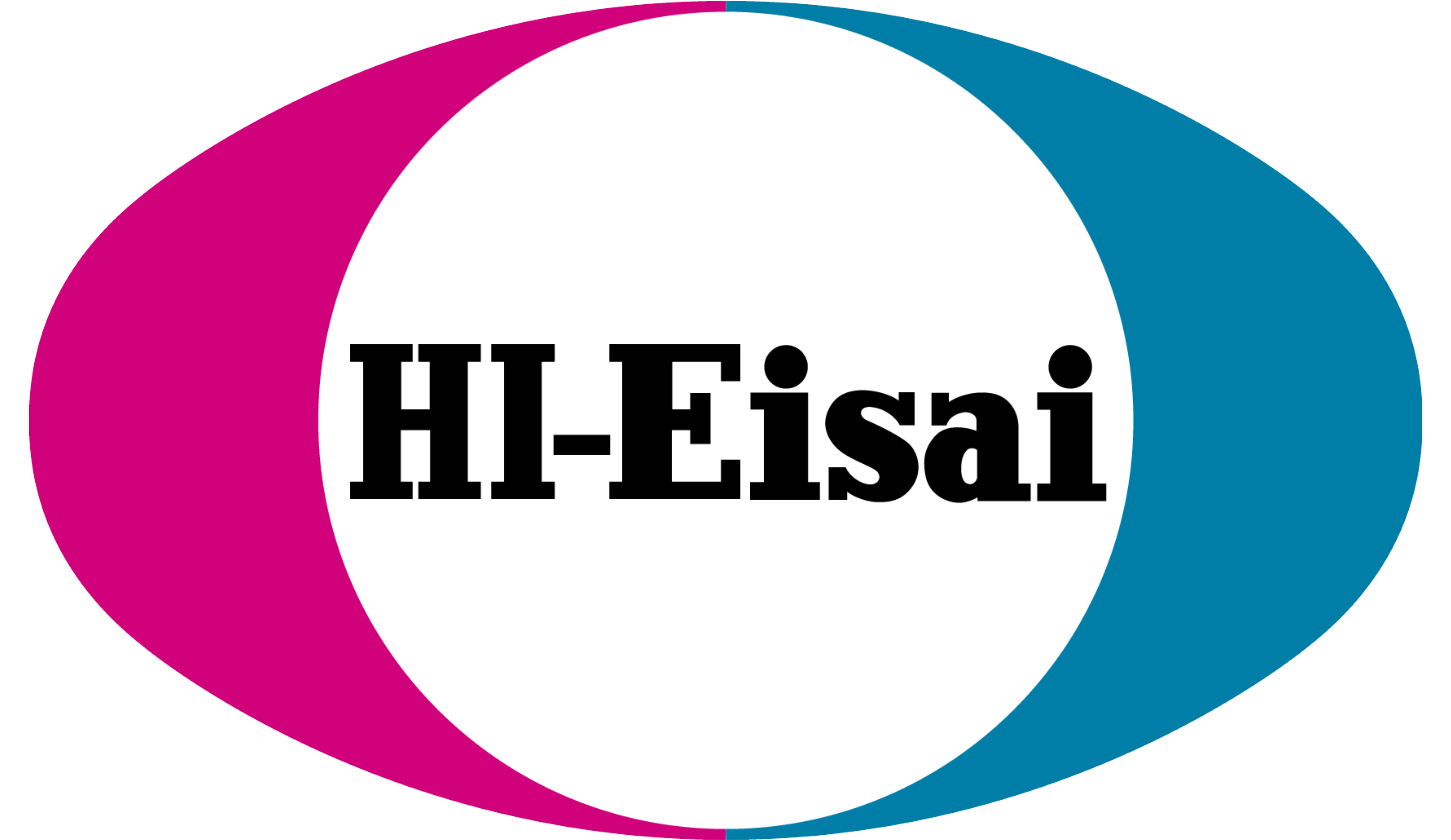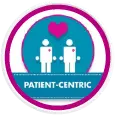Symptoms of Breast Cancer: Recognizing the Signs Early
Breast cancer is a complex disease that can manifest in various ways, making early detection crucial for successful treatment. Understanding the common signs and symptoms of breast cancer can empower individuals to seek prompt medical attention and improve their chances of survival. Here’s a deep dive into the symptoms of breast cancer:
Lump or Thickening in the Breast: The most common symptom of breast cancer is the presence of a lump or thickening in the breast tissue. This lump may feel different from the surrounding breast tissue and may or may not be painful.
Changes in Breast Size or Shape: Breast cancer can cause changes in the size or shape of the breast. This can manifest as swelling, distortion, or asymmetry of the breast.
Nipple Discharge: Nipple discharge, especially if it is bloody or occurs without squeezing the nipple, can be a sign of breast cancer. However, not all nipple discharge is a cause for concern, as it can also be caused by other conditions.
Changes in the Skin of the Breast: Breast cancer can cause changes in the skin of the breast, such as redness, dimpling, or puckering. These changes may resemble the texture of an orange peel.
Nipple Changes: Changes in the appearance of the nipple, such as inversion (turning inward), scaling, or crusting, can be a sign of breast cancer.
Breast Pain: While breast cancer is not typically associated with pain, some women may experience breast pain or tenderness as a symptom.
Swelling in the Armpit or Collarbone Area: Breast cancer can cause swelling in the lymph nodes located in the armpit or collarbone area. This swelling may be the first sign of breast cancer spreading to these lymph nodes.
Changes in Breast Sensation: Some women with breast cancer may experience changes in sensation in the breast, such as numbness, tingling, or a burning sensation.
These symptoms can also be caused by other conditions, such as cysts or infections. However, if you notice any of these symptoms, especially if they persist or worsen over time, it’s important to consult a healthcare professional for further evaluation. Early detection and treatment can significantly improve the outcome of breast cancer.






